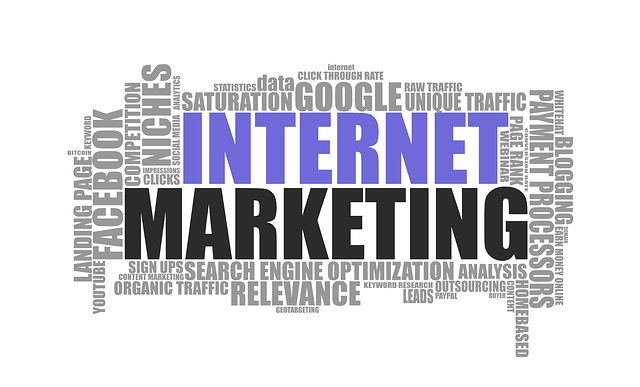AI home energy efficiency audit tools, leveraging computer vision, machine learning, and data analytics, automate property assessments by identifying energy-saving opportunities through visual analysis of insulation, windows, appliances, and ventilation. These technologies provide tailored recommendations for homeowners, enhancing energy efficiency and reducing utility bills. While offering significant advantages like improved accuracy in detecting issues, the industry faces challenges such as data privacy concerns and the need for diverse training datasets. Overcoming these hurdles is crucial for widespread adoption in real estate.
“Unleashing the power of AI transforms residential real estate analysis, especially with advanced computer vision techniques. This article explores how AI home energy efficiency audit tools are revolutionizing property assessment. We delve into the benefits of using computer vision to identify energy-saving opportunities and highlight challenges in integration. By understanding these AI tools, professionals can navigate the future of real estate, making more informed decisions and offering smarter solutions for sustainable homes.”
- Understanding AI Home Energy Efficiency Audit Tools
- How Computer Vision Enhances Residential Real Estate Analysis
- Benefits and Challenges of Integrating AI in Property Assessment
Understanding AI Home Energy Efficiency Audit Tools

AI home energy efficiency audit tools are transforming the way we assess and optimize residential properties. These cutting-edge technologies leverage computer vision, machine learning, and data analytics to analyze images and videos of homes, identifying areas where energy savings can be achieved. By automating tasks traditionally performed by human inspectors, AI audits provide faster, more accurate results while reducing costs.
These tools can detect insulation issues, leaky windows, inefficient appliances, and inadequate ventilation – all major contributors to high energy consumption. They also offer personalized recommendations for improvements based on the specific features of each property, helping homeowners make informed decisions to enhance energy efficiency and reduce utility bills.
How Computer Vision Enhances Residential Real Estate Analysis

Computer Vision, powered by AI, is transforming residential real estate analysis by offering a detailed and efficient approach to property assessment. This technology goes beyond traditional methods by visually interpreting images and data from properties, providing insights that were previously challenging to obtain. With Computer Vision, AI home energy efficiency audit tools can analyze photos of homes to identify features such as insulation, window types, and even the age of appliances – all crucial factors in determining energy efficiency.
By leveraging this technology, real estate professionals gain a competitive edge. They can deliver more precise evaluations, offer tailored recommendations for potential buyers or sellers, and contribute to sustainable practices within the industry. Computer Vision’s ability to process vast amounts of visual data quickly enables agents to make informed decisions, ultimately enhancing their services and ensuring clients receive accurate assessments.
Benefits and Challenges of Integrating AI in Property Assessment

The integration of AI in residential real estate property assessment offers numerous advantages and potential solutions to longstanding industry challenges. AI computer vision can analyze vast datasets, including high-resolution images, to accurately evaluate a home’s condition, features, and even energy efficiency. These advanced tools can assist in identifying subtle issues that may be overlooked by human inspectors, such as moisture damage or inadequate insulation, thereby improving overall assessment accuracy.
However, challenges remain. Data privacy is a significant concern; property owners may be reluctant to share detailed visual data of their homes. Additionally, while AI excels at pattern recognition, it requires diverse and high-quality training datasets to generalize effectively across different architectural styles, local climates, and market trends. Bias in algorithms due to imbalanced or non-representative data can lead to inaccurate assessments. Overcoming these challenges will be crucial for the widespread adoption of AI home energy efficiency audit tools in the real estate industry.
AI home energy efficiency audit tools are transforming residential real estate analysis by offering more accurate and comprehensive insights. Computer vision, a key component of these tools, enables non-invasive assessments, identifying potential inefficiencies and areas for improvement. While integrating AI in property assessment brings numerous benefits, such as increased speed and reduced costs, challenges like data privacy concerns and the need for specialized expertise must be addressed. Despite these hurdles, the future of residential real estate analysis looks bright, with AI-driven solutions poised to revolutionize how we value and improve our homes.
